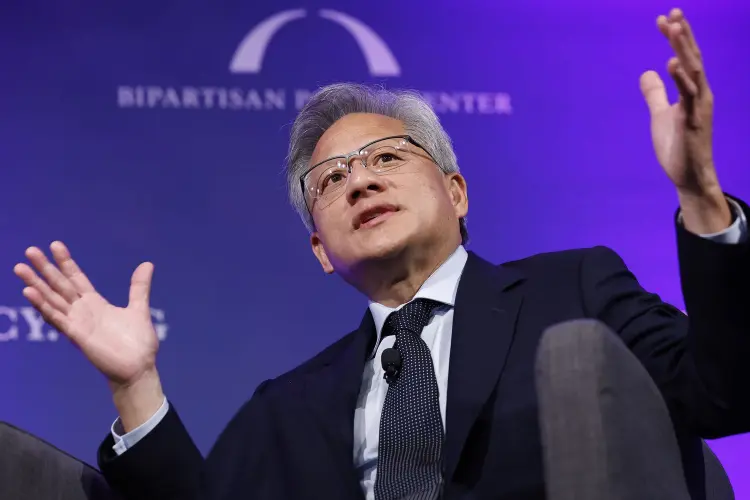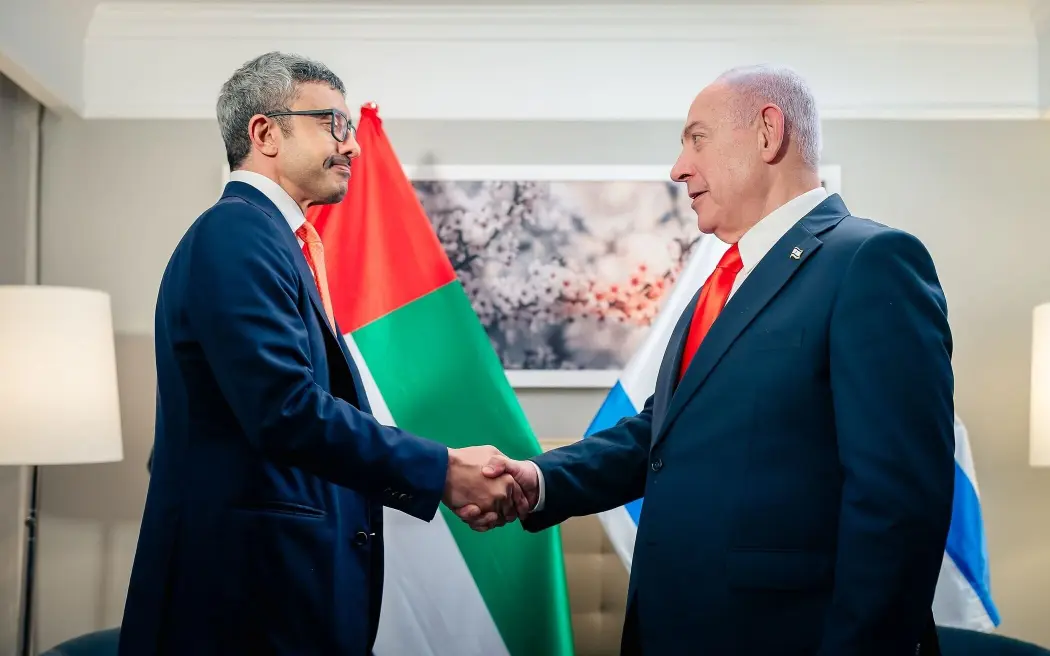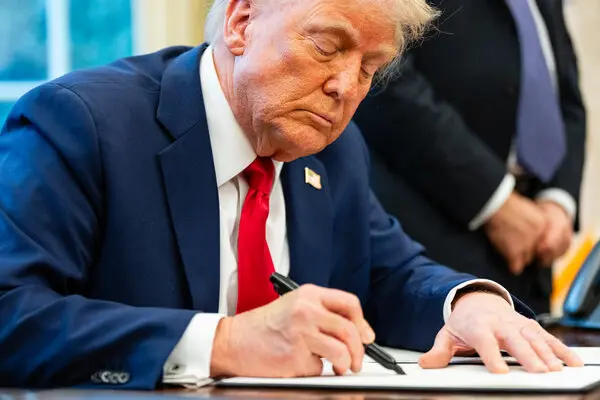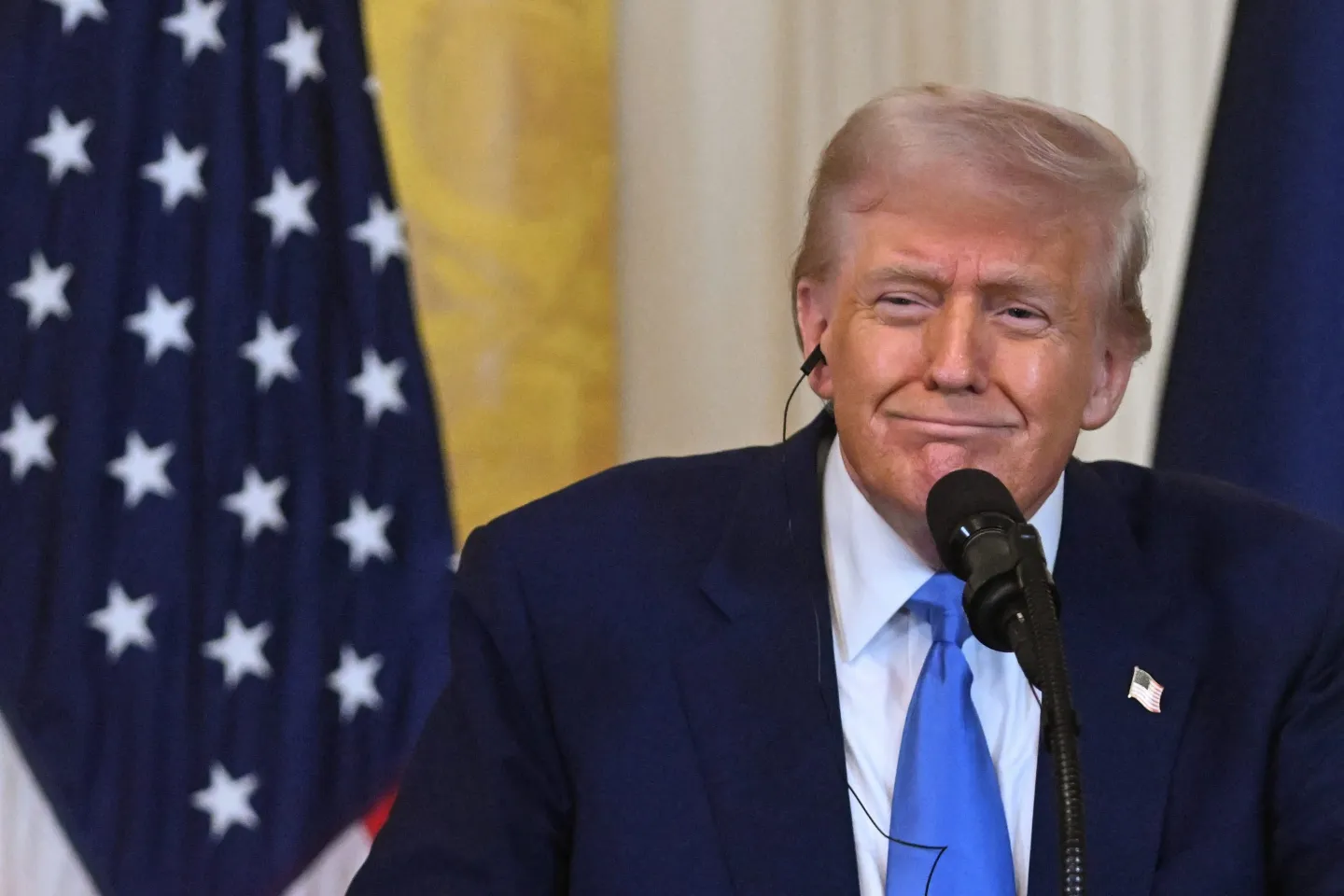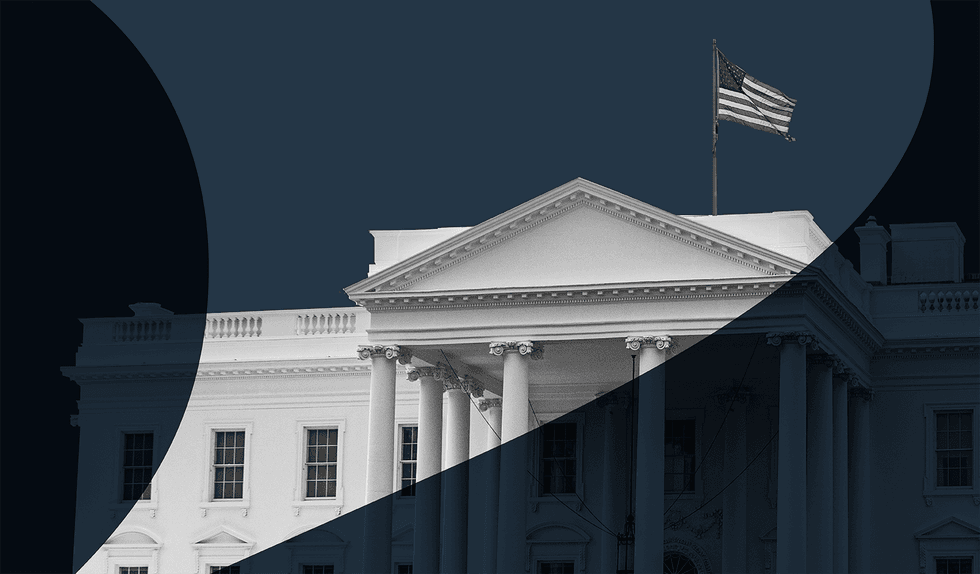Nvidia CEO Jensen Huang expressed frustration over delays in a major AI chip deal with the UAE, citing pressure from U.S. export regulations affecting the agreement.
The global semiconductor and AI leader Nvidia is facing delays in a significant AI chip deal with the United Arab Emirates, according to statements from CEO Jensen Huang. The postponement has been attributed to U.S. export controls and regulatory pressure, highlighting the growing intersection of technology, geopolitics, and international business.
Background of the Deal
The agreement aimed to supply advanced AI and data-center chips to UAE technology firms and research centers. This deal was expected to:
Accelerate AI adoption in the Middle East
Support the UAE’s growing ambitions in artificial intelligence research
Strengthen strategic tech partnerships between the UAE and international tech firms
CEO Jensen Huang’s Concerns
Huang expressed frustration in a recent interview, stating:
“We are eager to support the UAE’s AI initiatives, but regulatory delays in the U.S. are slowing progress on this important collaboration.”
The comments reflect broader concerns among tech leaders about navigating export restrictions while attempting to expand globally, particularly in emerging markets with strong tech ambitions.
Geopolitical Implications
U.S. export controls on advanced semiconductors are part of ongoing efforts to limit sensitive technology from reaching certain international markets. While the UAE is a close U.S. partner, the regulatory scrutiny demonstrates:
The complexity of international AI trade
The influence of U.S. policy on foreign technology agreements
Potential delays in global AI development due to geopolitical restrictions
UAE’s Perspective
The UAE government continues to prioritize AI and technological innovation as part of its national strategy. Officials emphasized that collaboration with companies like Nvidia is vital for:
Developing next-generation AI infrastructure
Supporting local startups and research institutions
Positioning the UAE as a regional hub for AI and high-tech investment
Market and Industry Reaction
The delay has sparked attention among investors and tech analysts, highlighting the sensitivity of AI chip supply chains. Stock prices of companies involved in AI production and distribution have experienced fluctuations due to the uncertainty.
Industry analysts suggest that this incident is a reminder of the growing intersection between technology and global politics, where regulatory policies in one country can directly impact international tech projects.
Looking Ahead
Despite the current delay, both Nvidia and UAE officials have expressed commitment to completing the agreement. Huang’s remarks underscore the need for:
Clearer international trade regulations
Collaborative approaches to AI development
Balancing national security concerns with technological growth
The situation remains dynamic, and industry observers expect further updates in the coming months as negotiations continue.


